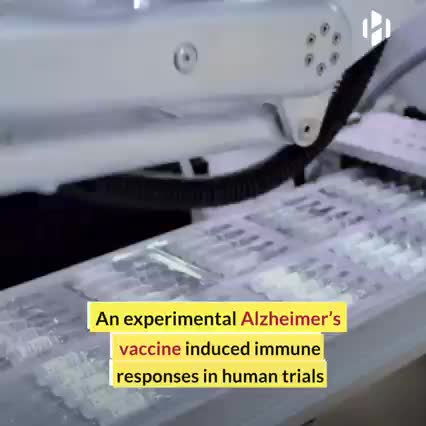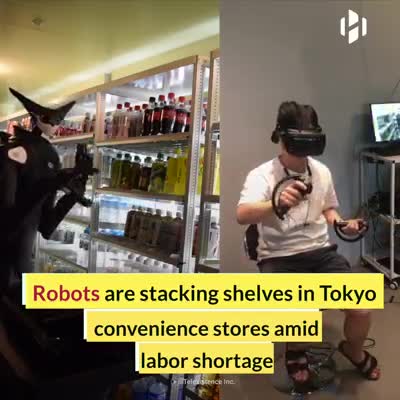
Get the latest international news and world events from around the world.







What Everyone Should Know
Shingles vaccination is the only way to protect against shingles and postherpetic neuralgia (PHN), the most common complication from shingles. CDC recommends that healthy adults 50 years and older get two doses of the shingles vaccine called Shingrix (recombinant zoster vaccine), separated by 2 to 6 months, to prevent shingles and the complications from the disease. Your doctor or pharmacist can give you Shingrix as a shot in your upper arm.
Shingrix provides strong protection against shingles and PHN. Two doses of Shingrix is more than 90% effective at preventing shingles and PHN. Protection stays above 85% for at least the first four years after you get vaccinated.

AMD & NVIDIA Graphics Card Prices Returning To Normal As GPU Supply & Availability Continues To Improve
AMD & NVIDIA graphics card prices are showing signs of recovery with improves supply & availability as we enter the third quarter of 2021.
AMD & NVIDIA graphics card prices are showing signs of recovery as we enter the third quarter of 2021. Based on 3DCenter’s latest report, it looks like the worst is over and GPU supply is returning to normal as seen on various European retailers.
AMD & NVIDIA Graphics Card Prices Returning To Normal As GPU Market Shows Signs of Recovery, Availability and Supply Improving Too
Just last month, we had seen the graphics card prices peak to an insane three times over the MSRP. While GPU shortages were primarily to blame, the cryptocurrency and gaming demand both led to insane price hikes for AMD and NVIDIA graphics cards across the globe. NVIDIA’s GeForce graphics cards peaked at over 3x the MSRP while AMD graphics cards peaked at over 2x the MSRP but in the latest reports, we see continued improvement but there’s still a long way to go before we see these cards back at their official MSRPs.

Battery recycling firm set to expand in Nevada
| by KSNV NEWS 3, LAS VEGAS.
RENO (AP) — A battery recycling company founded by a former executive at Tesla Inc. broke ground on 100 acres (40 hectares) of land at an industrial park near Reno as part of its expansion plan.
Redwood Materials, which was founded in Nevada in 2017, is expecting its operations to continue growing with a boost in used battery packs from older electric vehicles, the Reno-Gazette Journal reported.
As a result, the company plans to expand its facilities and increase its workforce from just over 100 employees to more than 600 in the next couple of years. In addition to the acquisition at the Tahoe-Reno Industrial Center, the company is also undertaking a major project in Carson City to expand its 150000-square-foot facility (13935-square-meter) to 550000 square feet (51000 square meters) within the next two years.
